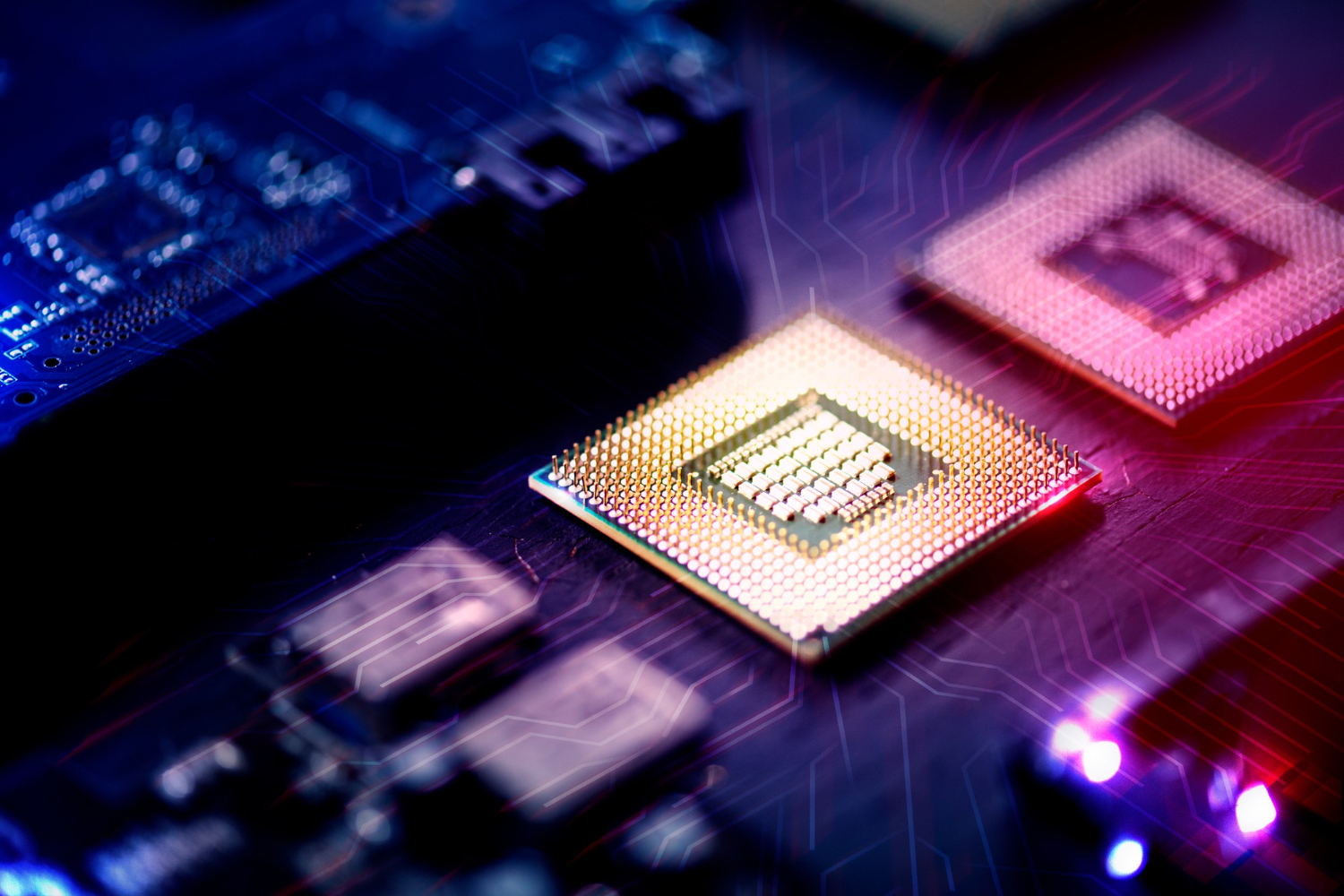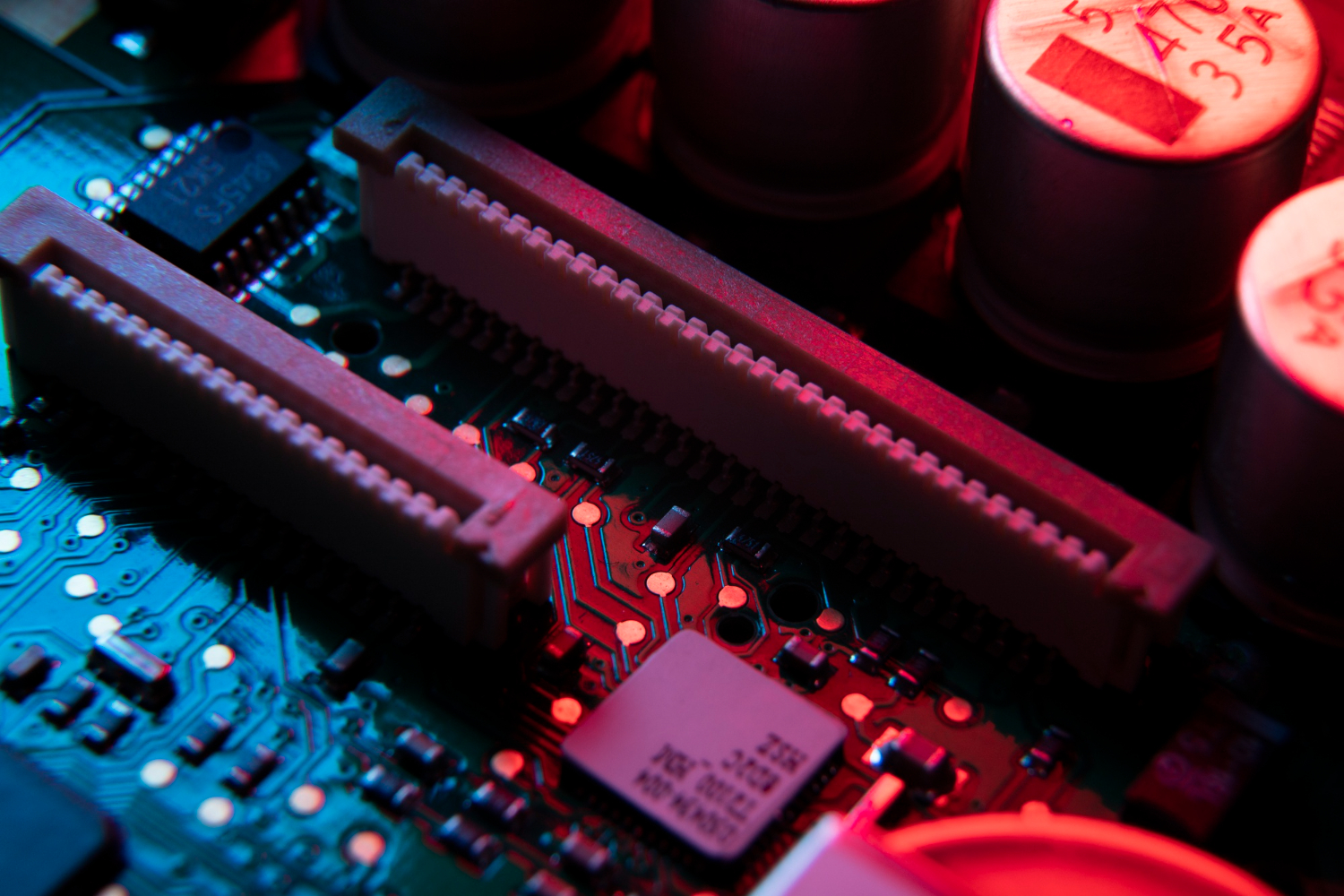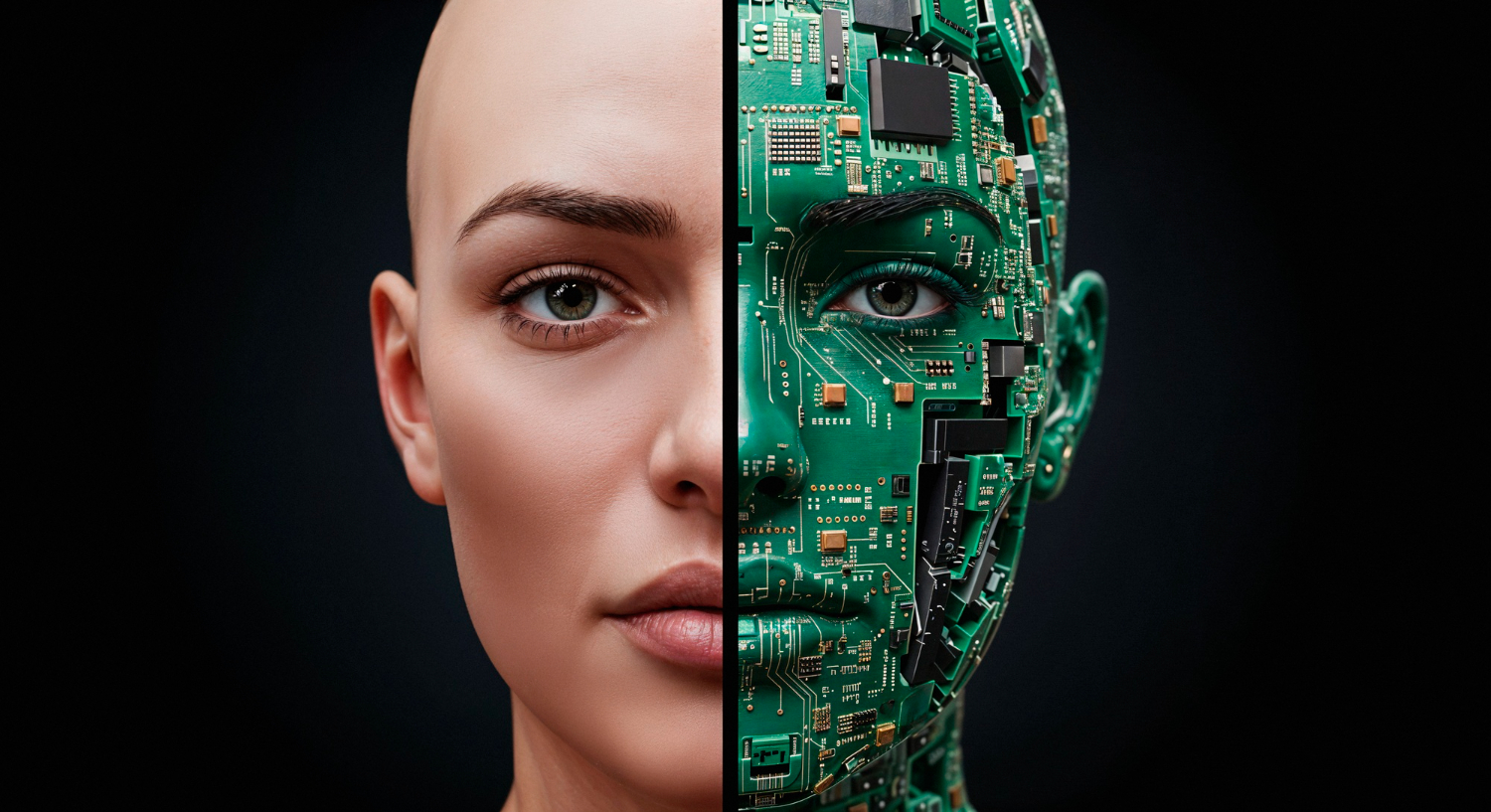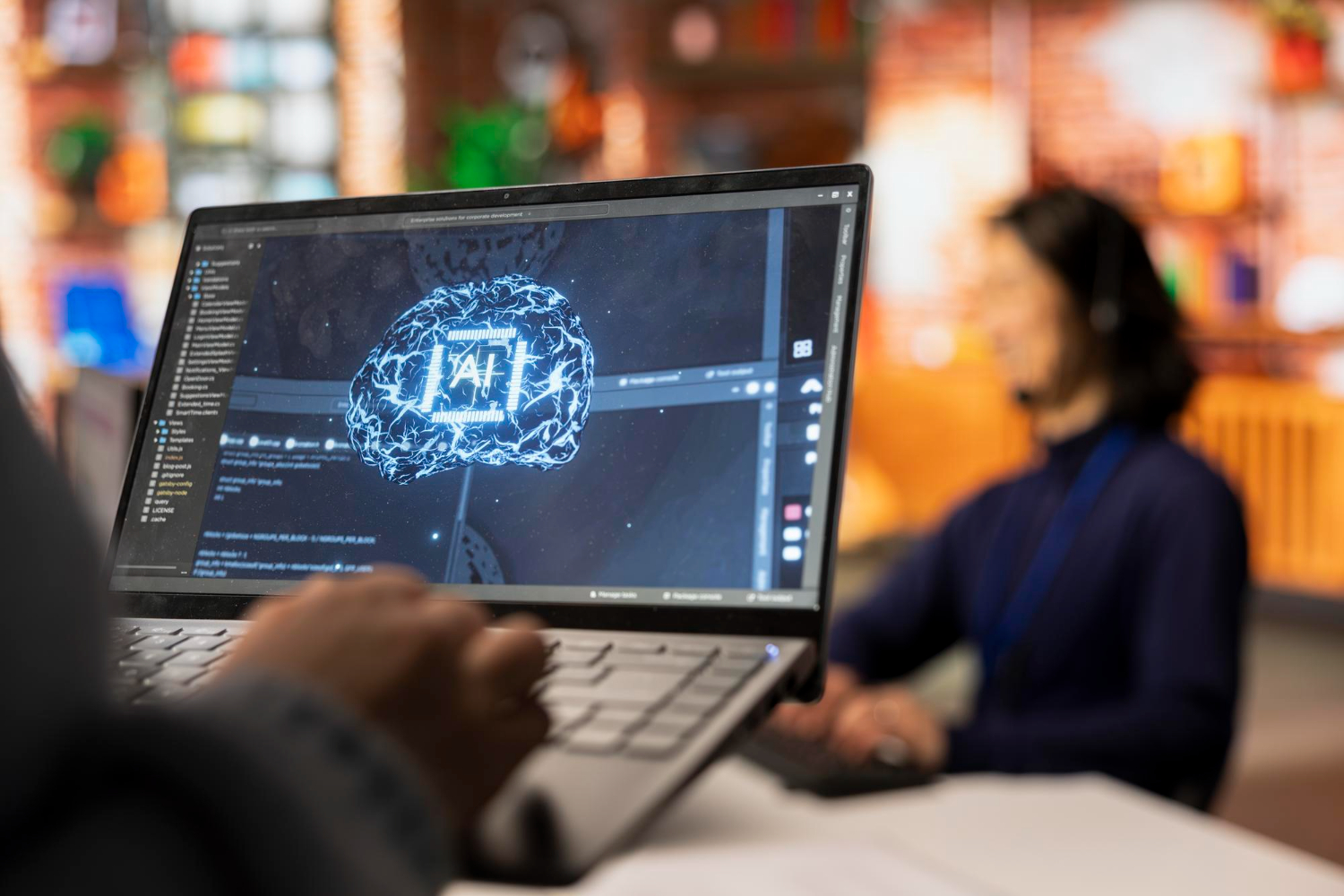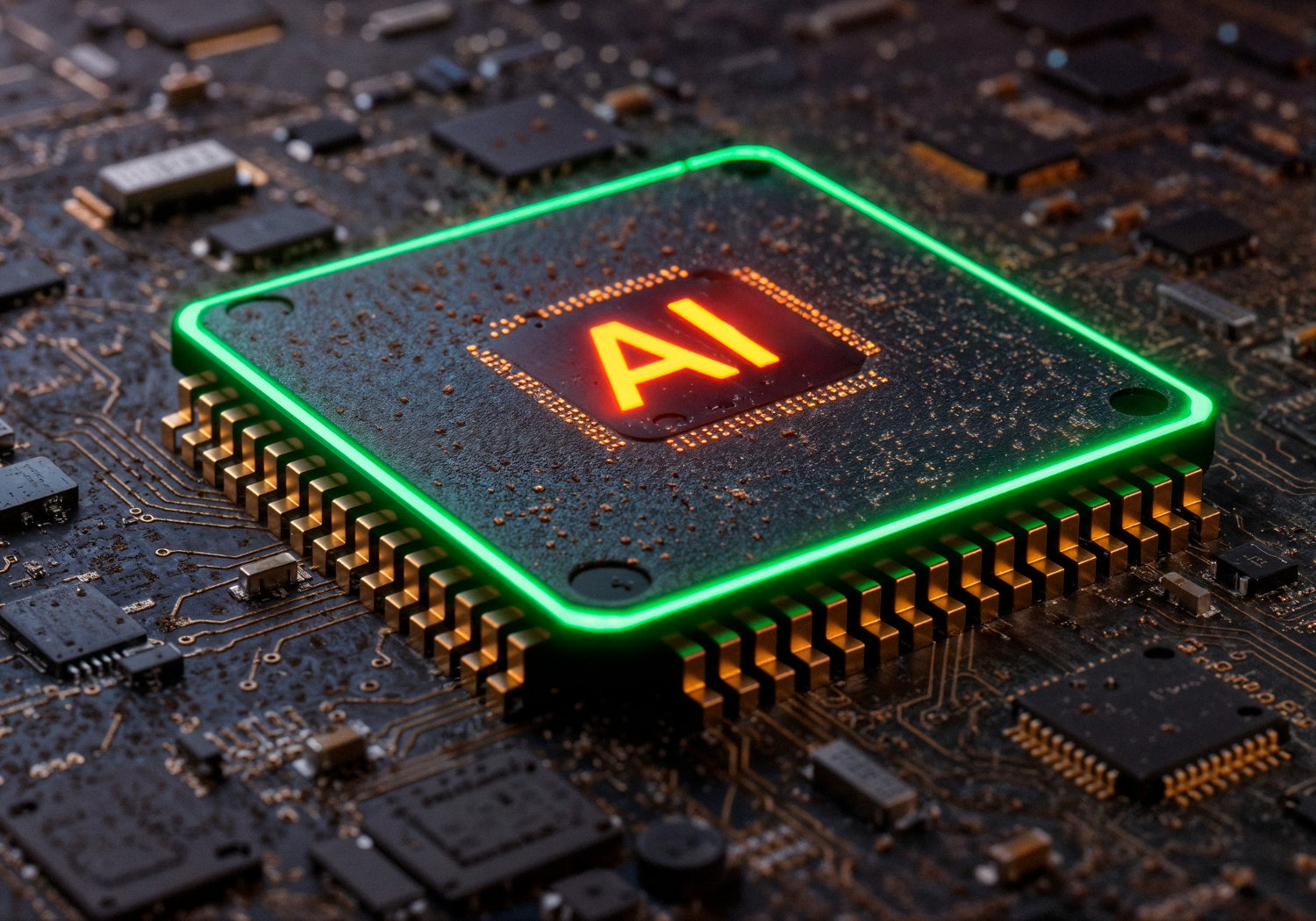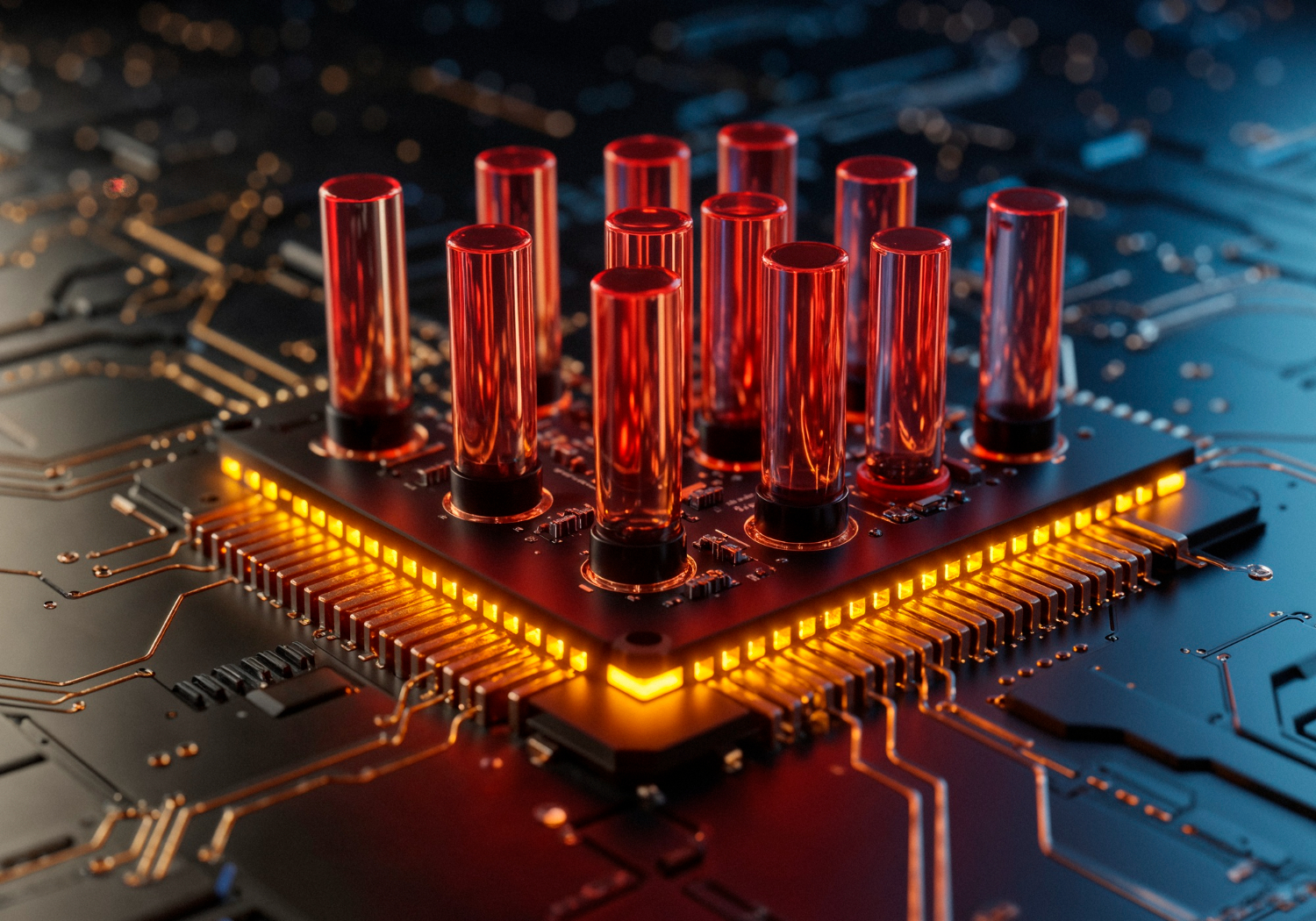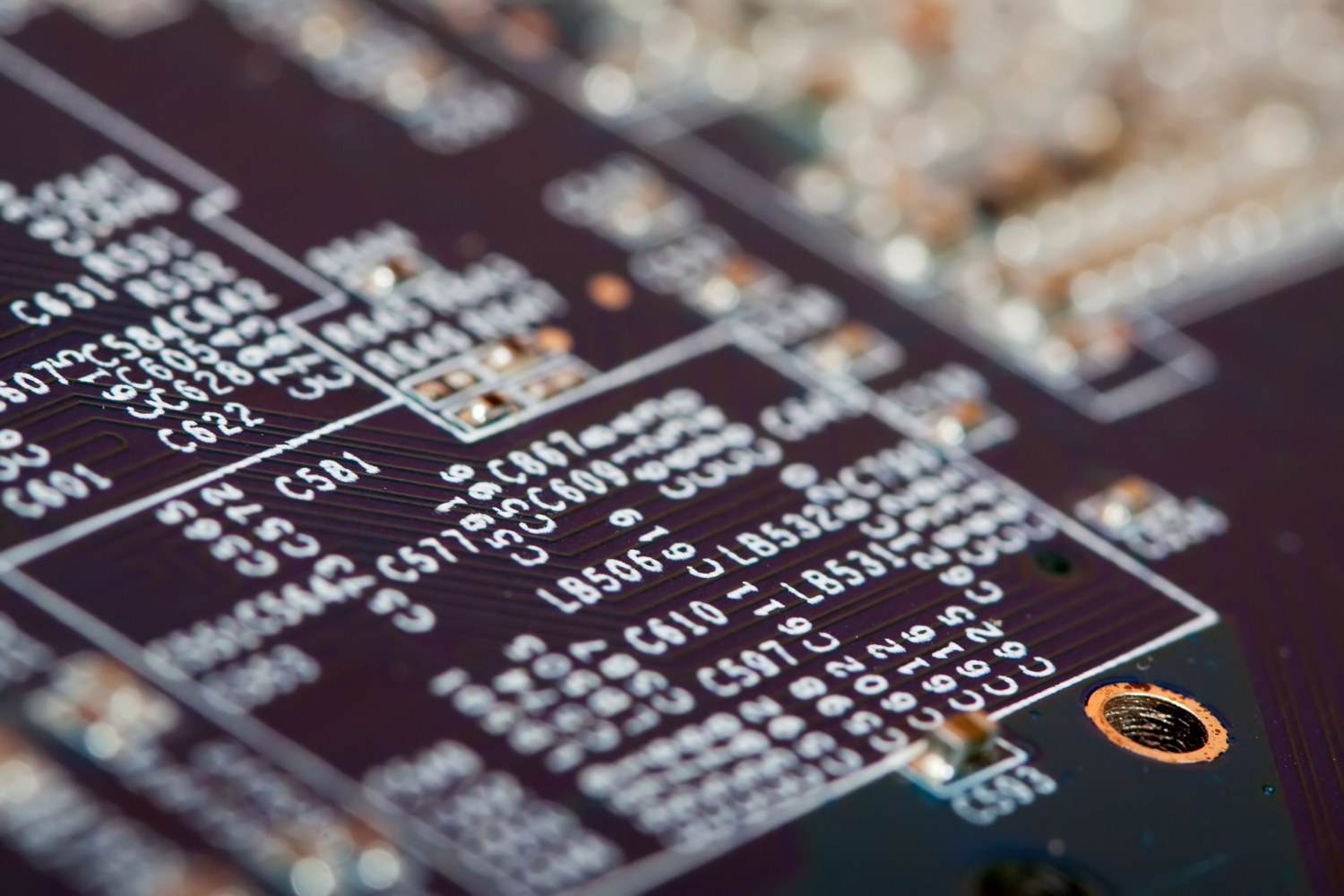Artificial intelligence in manufacturing redefines traditional processes, delivers cost savings, enhances quality control, and optimises supply chains. With AI solutions impacting every aspect of the manufacturing industry, factories are undergoing a significant shift towards increased efficiency and productivity.
Cost savings are a primary driver behind the adoption of AI systems in manufacturing. With predictive maintenance powered by machine learning algorithms, manufacturers can anticipate equipment failures and reduce downtime and costly repairs. This proactive approach enhances total efficiency and extends the lifespan of machinery, resulting in substantial cost savings over time.
Quality control is another critical area where global AI is influencing manufacturing. AI-powered systems equipped with sensors and cameras help manufacturers detect defects in real time. This approach would also ensure that only high-quality products reach the market. This not only minimises the risk of recalls and rework but also enhances brand reputation and customer satisfaction.
Generative AI is transforming product design by enabling product designers to explore a multitude of design possibilities quickly and efficiently. Generative design tools can create innovative designs that meet performance requirements while optimising material usage and production costs. This iterative approach to design fosters creativity and innovation, driving the development of next-generation products.
On factory floors, AI is augmenting human workers rather than replacing them. Collaborative robots, or cobots equipped with AI algorithms, can perform repetitive tasks alongside human workers, improving productivity and safety. This collaborative approach enables workers to focus on tasks that require human creativity and problem-solving skills. In turn, it leads to a more efficient and harmonious work environment.
AI’s impact extends beyond individual factories to the entire manufacturing ecosystem. AI-driven predictive analytics optimise supply chains, inventory levels and enable manufacturers to anticipate demand fluctuations.
In addition to cost savings and quality control, AI is crucial to transforming the manufacturing process itself. It uses digital twins to simulate and optimise manufacturing operations in real time
Digital twins are data acquired from real-world data and AI algorithms. They help manufacturers by identifying flaws, optimizing workflows, and enhancing overall performance. Manufacturers can improve their operations with the help of digital twins.
Furthermore, AI-driven generative design is empowering product designers to push the boundaries of creativity and innovation. Generative design tools help designers quickly explore many design options that meet specific constraints and goals. This speeds up the design process and creates products that are lighter, stronger, and more affordable.
AI algorithms are learning from sensor data to identify patterns indicative of impending equipment failures. Manufacturers can predict when maintenance is necessary, schedule downtime during off-peak hours, minimise disruption to production schedules, and maximise equipment uptime. This proactive approach to maintenance reduces costs associated with unplanned downtime. It also extends the lifespan of machinery, managing asset usage.
Moreover, AI-powered supply chain management is enabling manufacturers to adapt to dynamic market conditions and evolving customer demands. Using AI algorithms, manufacturers can optimise inventory levels, streamline logistics operations, and mitigate supply chain risks. Manufacturers can quickly make data-driven decisions by having real-time visibility into supply chain operations. This allows them to respond promptly to changes in market demand or supply disruptions.
Also, AI has a wide range of use cases, each delivering significant benefits to businesses. One main use case is predictive maintenance, where AI algorithms analyse sensor data to anticipate equipment failures in time.
By predicting when maintenance is necessary, manufacturers can proactively address issues, minimise downtime, and optimise asset performance. Another AI use case in manufacturing is generative design, which uses AI to explore vast design possibilities and create innovative product designs. AI-powered quality control systems ensure product consistency, detect defects with greater accuracy, and reduce waste on factory floors.
Additionally, AI-driven supply chain management enables manufacturers to streamline logistics, minimize inventory costs, and respond effectively to market fluctuations. These AI use cases demonstrate the potential of artificial intelligence in enhancing efficiency, productivity, and rivalry within the manufacturing industry.
AI’s impact on the manufacturing industry is massive, encompassing cost savings, quality control and supply chain management. As AI technologies continue to advance, manufacturers must embrace these innovations to stay competitive in a rapidly evolving landscape. Companies can use AI to make manufacturing processes better, improve product quality, and innovate.
Luckily, it is something our talented engineers have a deep expertise and skillset. At TechnoLynx, we specialise in developing tailored AI solutions, addressing specific challenges faced by our clients. Using advanced machine learning algorithms and AI techniques, we offer predictive maintenance systems. It can enable manufacturers to optimise their maintenance schedules and minimise equipment downtime.
Our knowledge in generative AI tools aims to assist product designers to explore innovative design options, improving the product development process and fostering creativity. Additionally, we can provide AI-driven quality control solutions that enhance product consistency and reduce defects on factory floors.
Through our expertise in AI systems and real-time analytics, we aim to help manufacturers and product designers. By that, they can improve production efficiency, drive cost savings, and stay ahead in the competitive manufacturing landscape.
Do not hesitate to contact us to step up your AI efforts!
Check out this related article on our blog on Computer Vision in Manufacturing!
Image by Freepik





